“We hope that it will be in the first quarter,” Sverker Littorin, chairman of Boots’ local partner Farmacevtföretagarna told news agency TT on Monday.
Boots and Farmacevtföretagarna have formed a new pharmacy chain, Boots Farmacevtföretagarna AB. They expect to open 100 pharmacies in the next three years that would be run by private entrepreneurs under the Boots brand.
“We are busy recruiting candidates and finding premises here in Sweden. Everything is on track even though it is several months later than we had hoped,” said Littorin.
Previously, Boots had aimed to open its first pharmacy in Sweden in the autumn of 2010, but were delays in finding a suitable IT solution, according to Littorin.
The Swedish government opened up the country’s previously state-owned pharmacy sector to competition in November 2009. In connection with the deregulation, the government sold more than half of an estimated 900 state-owned Apoteket pharmacy stores.
As a result, competition has intensified in the industry. In the last year, the number of pharmacies in Sweden has increased by 22 percent, or 200 stores, according to a report from the Swedish Competition Authority (Konkurrensverket, KKV) last week.
Separately, department store chain Åhléns recently announced that it is closing five of its six newly opened pharmacies, while the sixth will be taken over by another operator.
Meanwhile, pharmacy chain Medstop CEO Fredrik Söderberg warned of an “overestablishment” of pharmacies that will result in closures in an interview with business newspaper Dagens Industri (DI).
“The risk that we saw in the long run has occurred. There are a lot of places that have opened too many pharmacies. I believe that we will start to see an effect from it this year,” Söderberg told DI.
However, his competitors disagreed. Bodil Eriksson, vice president of Apoteket Hjärtat, which planning to open 100 new pharmacies in the coming years, believes that the market is far from saturated.
For example, Sweden still has relatively few pharmacies per capita compared with other countries, she told the newspaper.

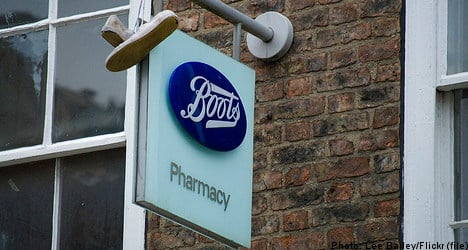
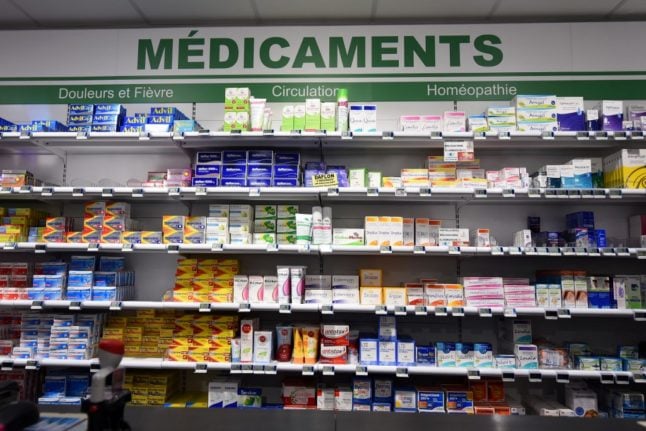
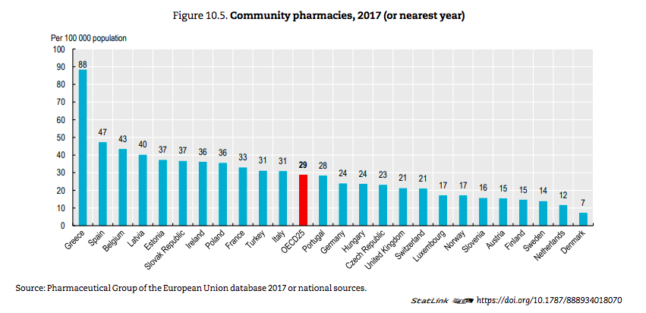
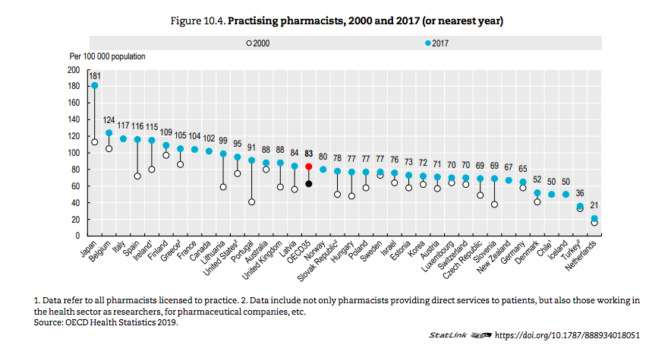
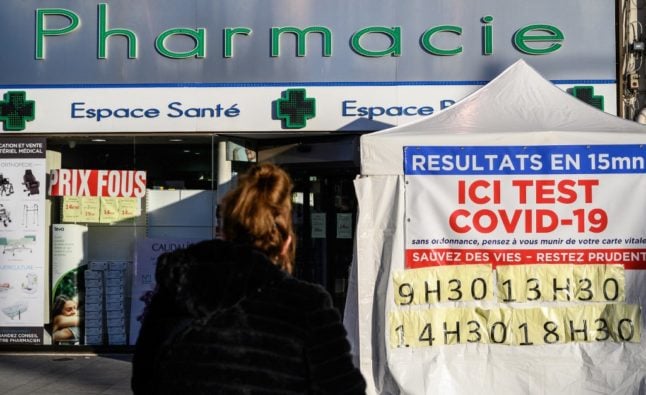
 Please whitelist us to continue reading.
Please whitelist us to continue reading.
Member comments